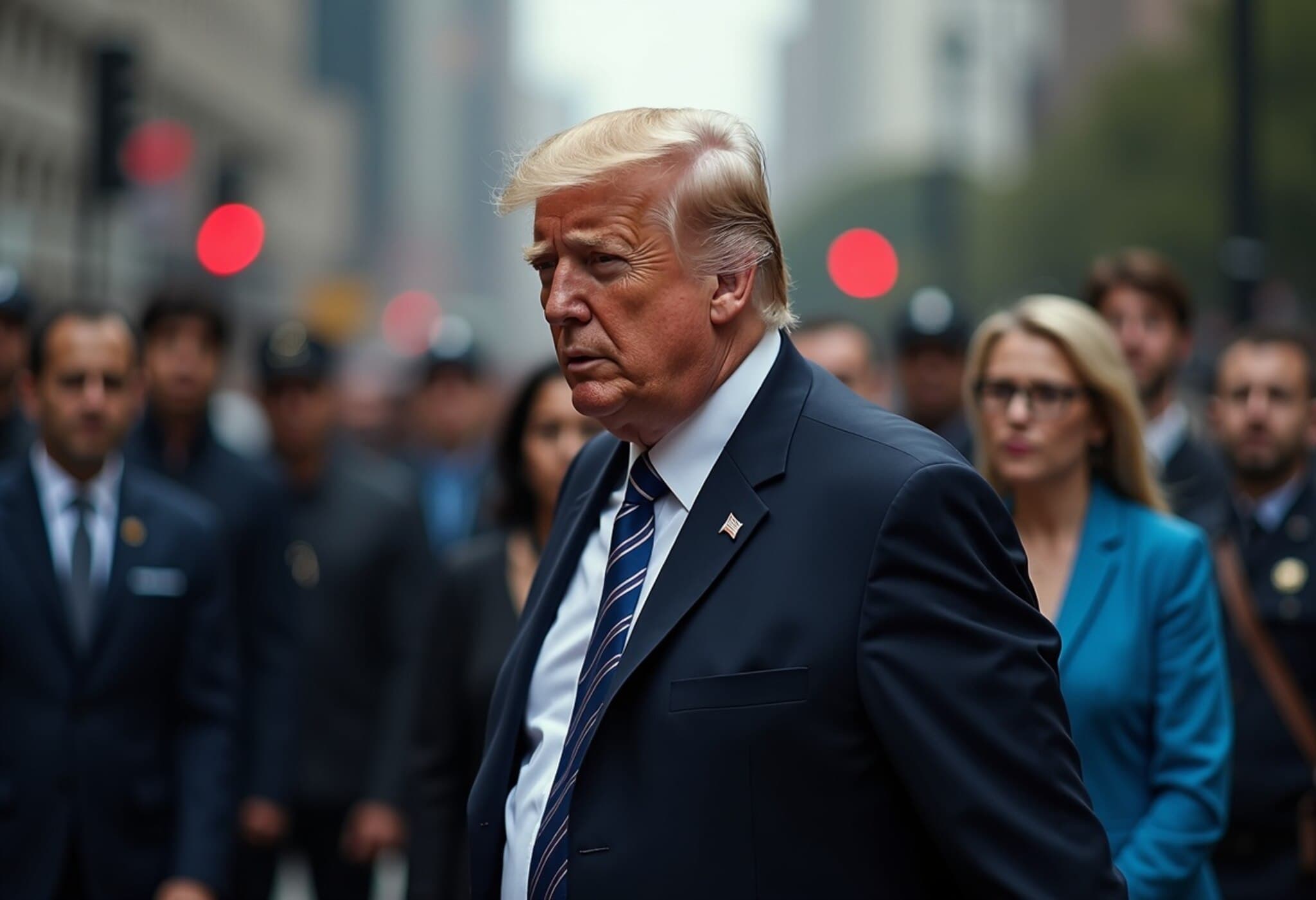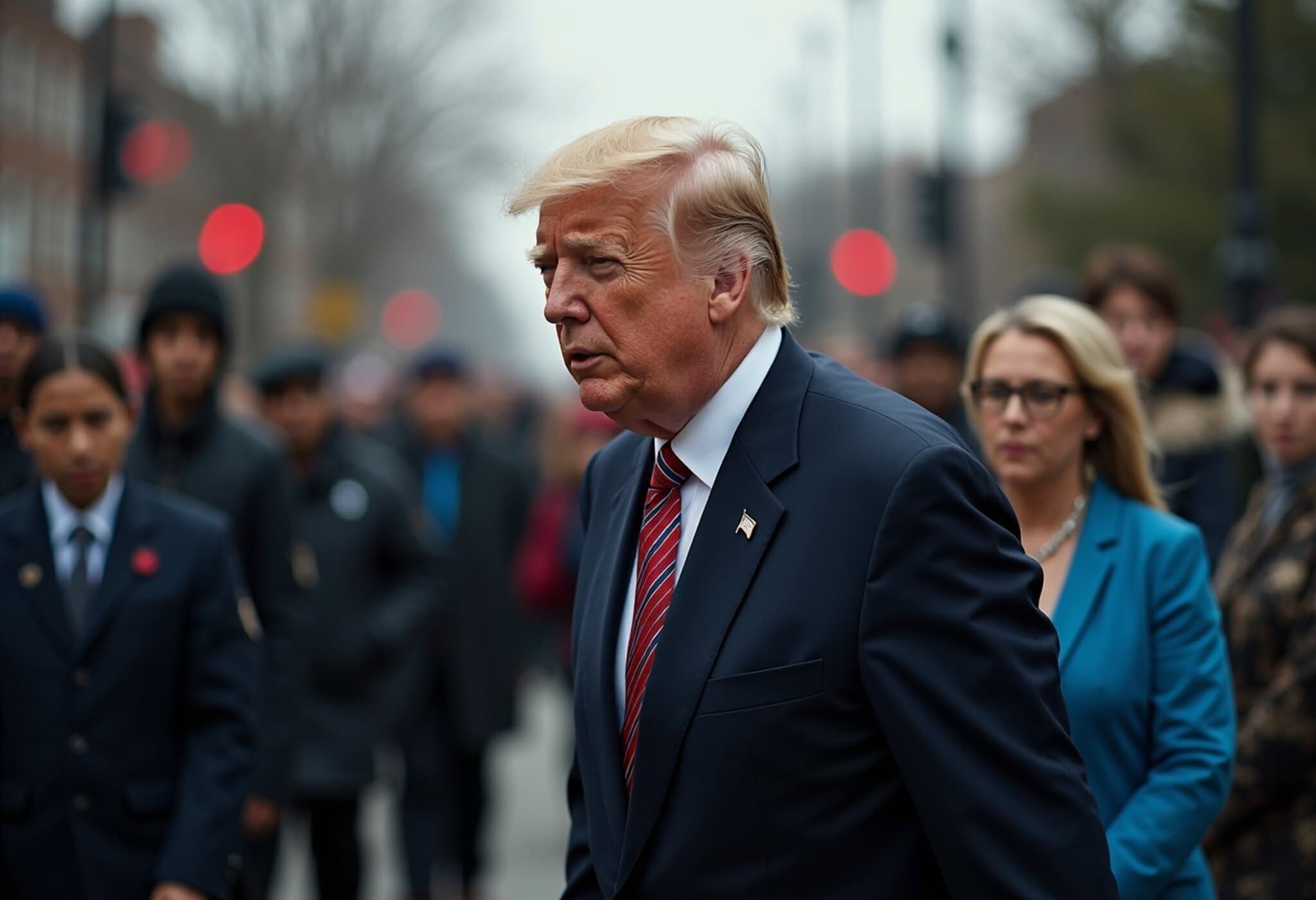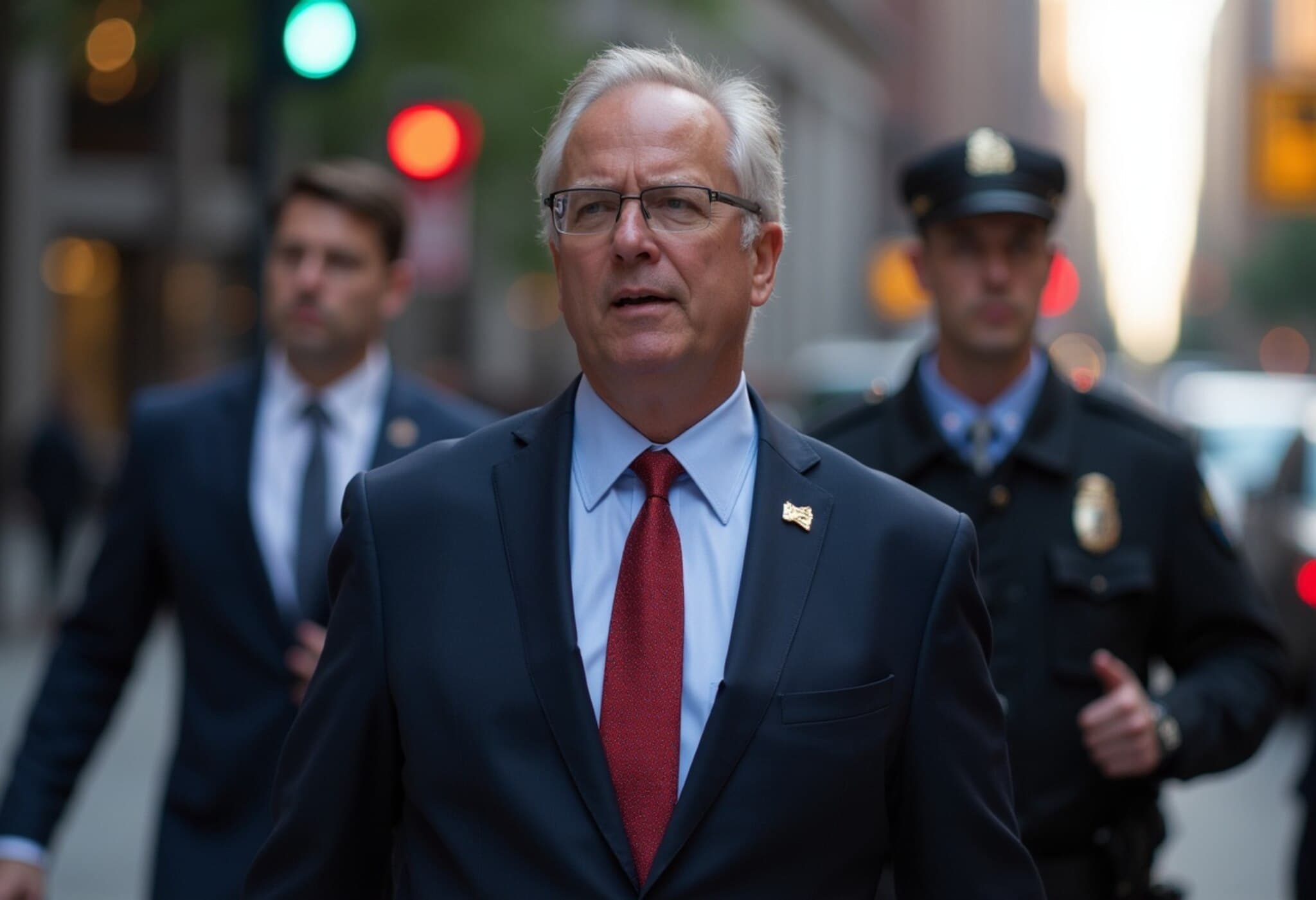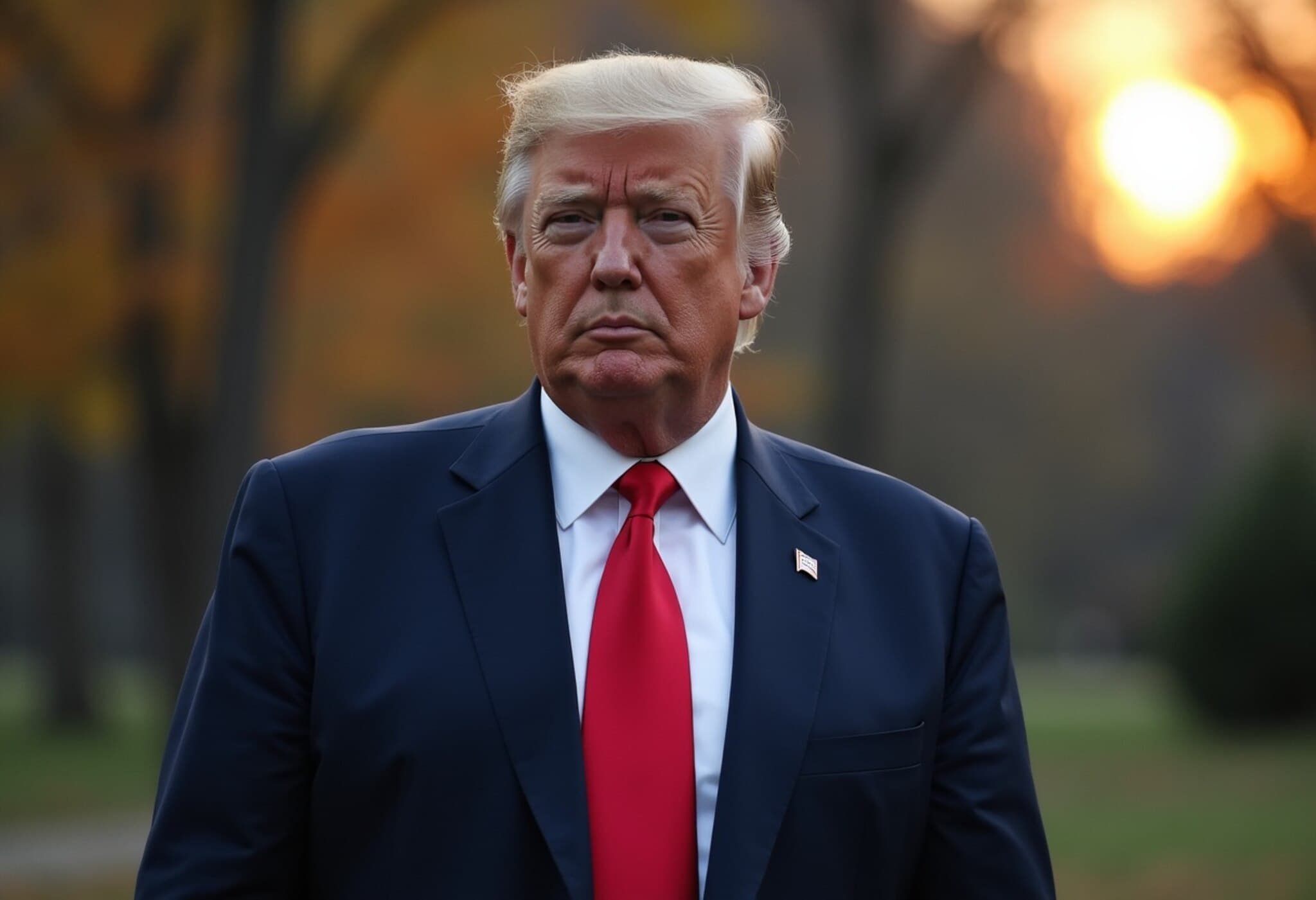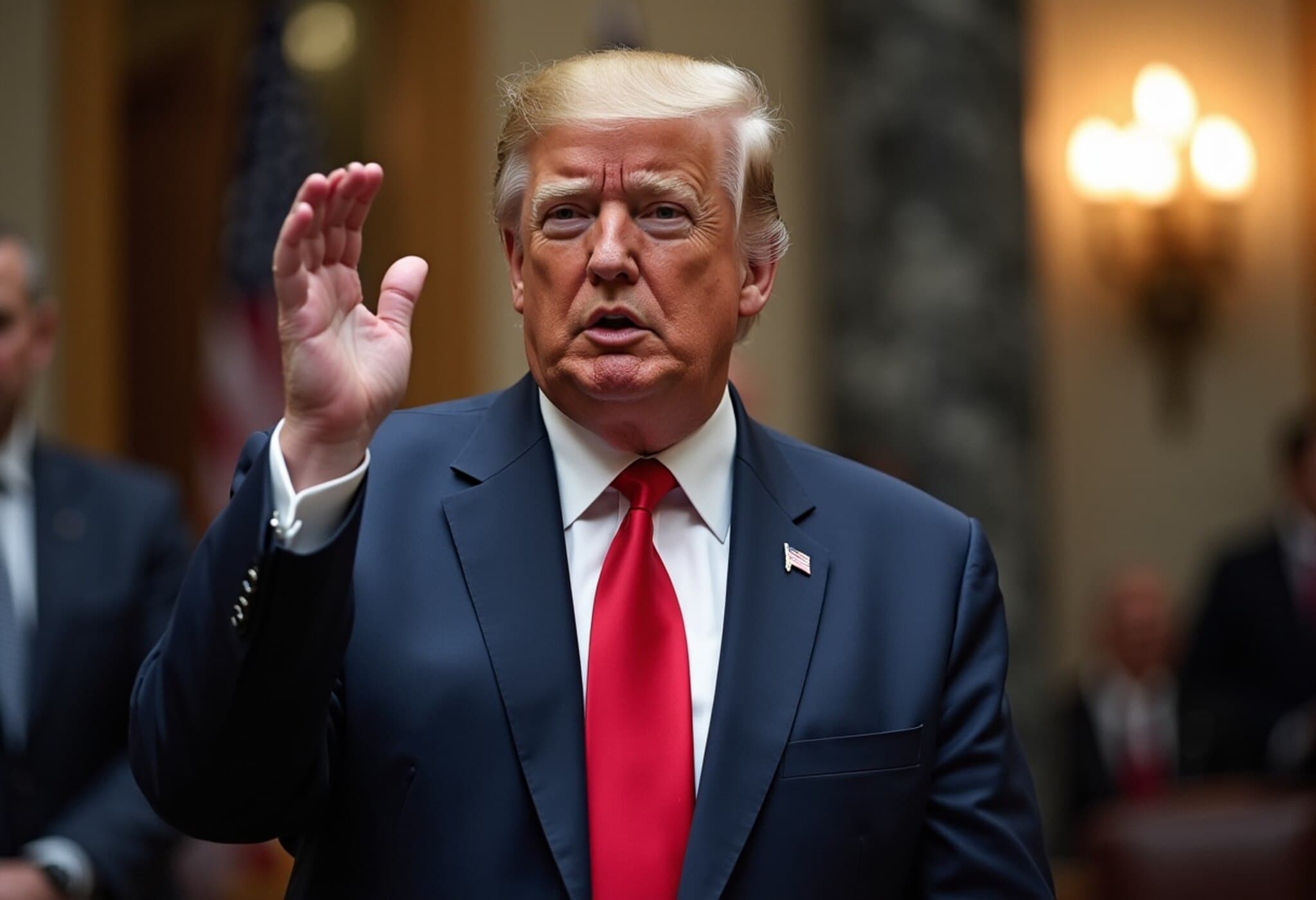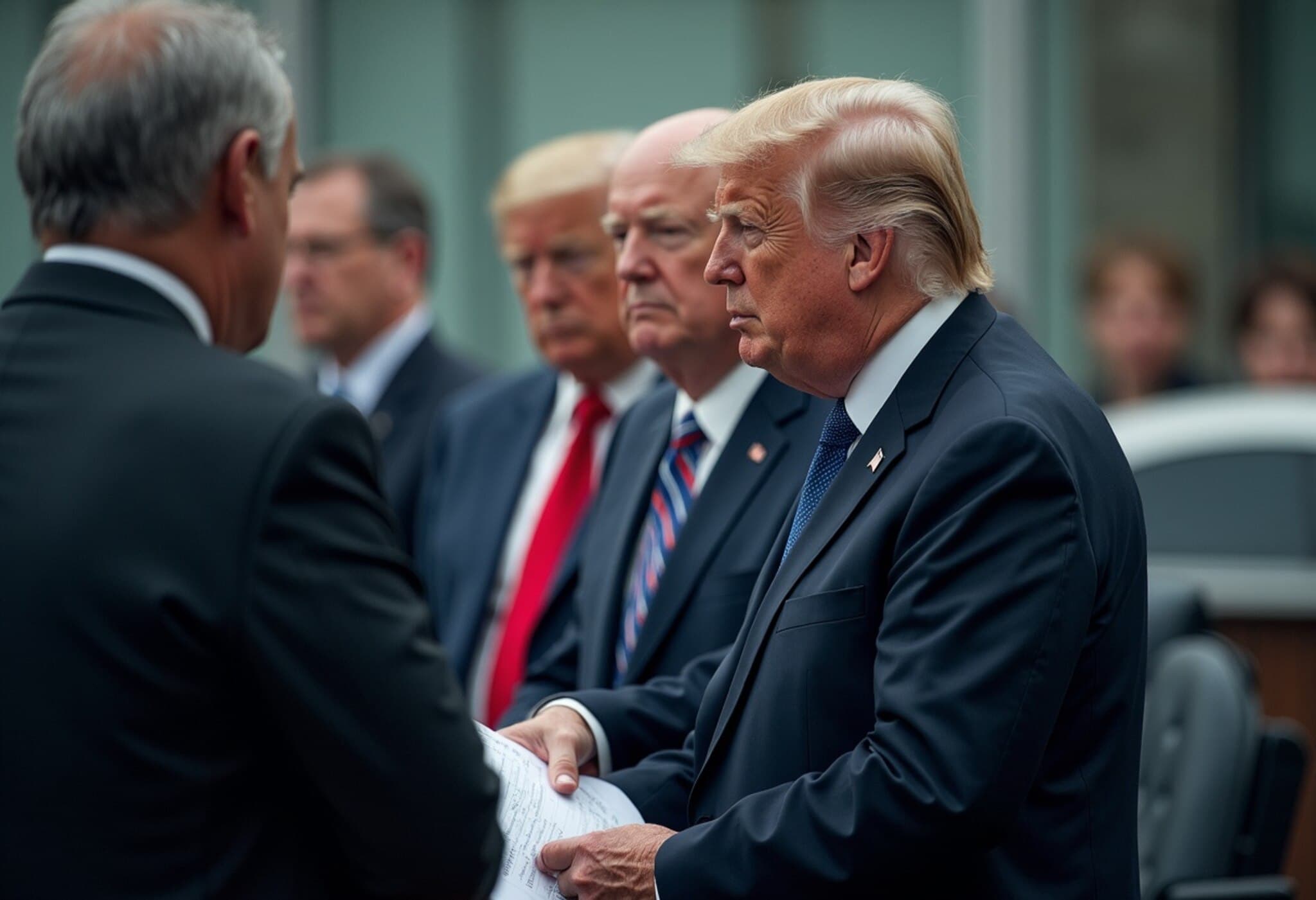Federal Court Halts Trump Administration’s Funding Condition on States
A federal judge has stepped in to block a controversial Trump administration policy that sought to withhold billions in transportation funds from states refusing to assist with immigration enforcement. The move comes after 20 Democratic-led states challenged the policy, arguing it unlawfully coerced them into complying with federal immigration directives.
Judge McConnell Grants Injunction Against Policy
Chief U.S. District Judge John McConnell, presiding in Providence, Rhode Island, ruled in favor of the states by granting a preliminary injunction. He found that the states were likely to prevail on some or all of their legal claims against the Department of Transportation’s measure, which threatened to cut off critical funding unless states cooperated with immigration authorities.
States Challenge Overreach and Ambiguity
The lawsuit contended that U.S. Transportation Secretary Sean Duffy exceeded his authority by linking federal transportation grants to immigration enforcement efforts. These funds, designated by Congress, support essential infrastructure including roads, highways, and bridges.
At the heart of the dispute is the administration’s demand for states to aid U.S. Immigration and Customs Enforcement (ICE) in enforcing immigration law, reflecting a broader Trump policy targeting so-called sanctuary jurisdictions.
Understanding Sanctuary Jurisdictions
Sanctuary jurisdictions limit local cooperation with federal immigration enforcement, often shielding undocumented immigrants from deportation actions at the local level. These policies have sparked ongoing clashes between the federal government and states like Illinois, New York, and Colorado.
Background: Trump’s Executive Orders and Enforcement Push
Since resuming office in January, President Trump signed orders aiming to cut federal funding to regions that do not support immigration enforcement efforts. The Department of Justice has filed multiple lawsuits against sanctuary states, positioning the administration on a firm legal offensive.
Dispute Over Legal Authority and Constitutional Grounds
The affected states maintain that the new policy imposes an unconstitutionally vague condition on federal grants, leaving them uncertain about what constitutes sufficient cooperation. By contrast, the administration argues the requirement falls within Secretary Duffy’s discretion and is a legitimate expectation that states comply with federal law.
Additionally, these 20 states have pursued a separate but related lawsuit in Rhode Island challenging similar conditions imposed by the Department of Homeland Security on other grant programs.
What Happens Next?
While the Trump administration has yet to issue an immediate response to the injunction, the legal battle highlights the tension between federal immigration enforcement priorities and states’ autonomy over their funding and policies.



